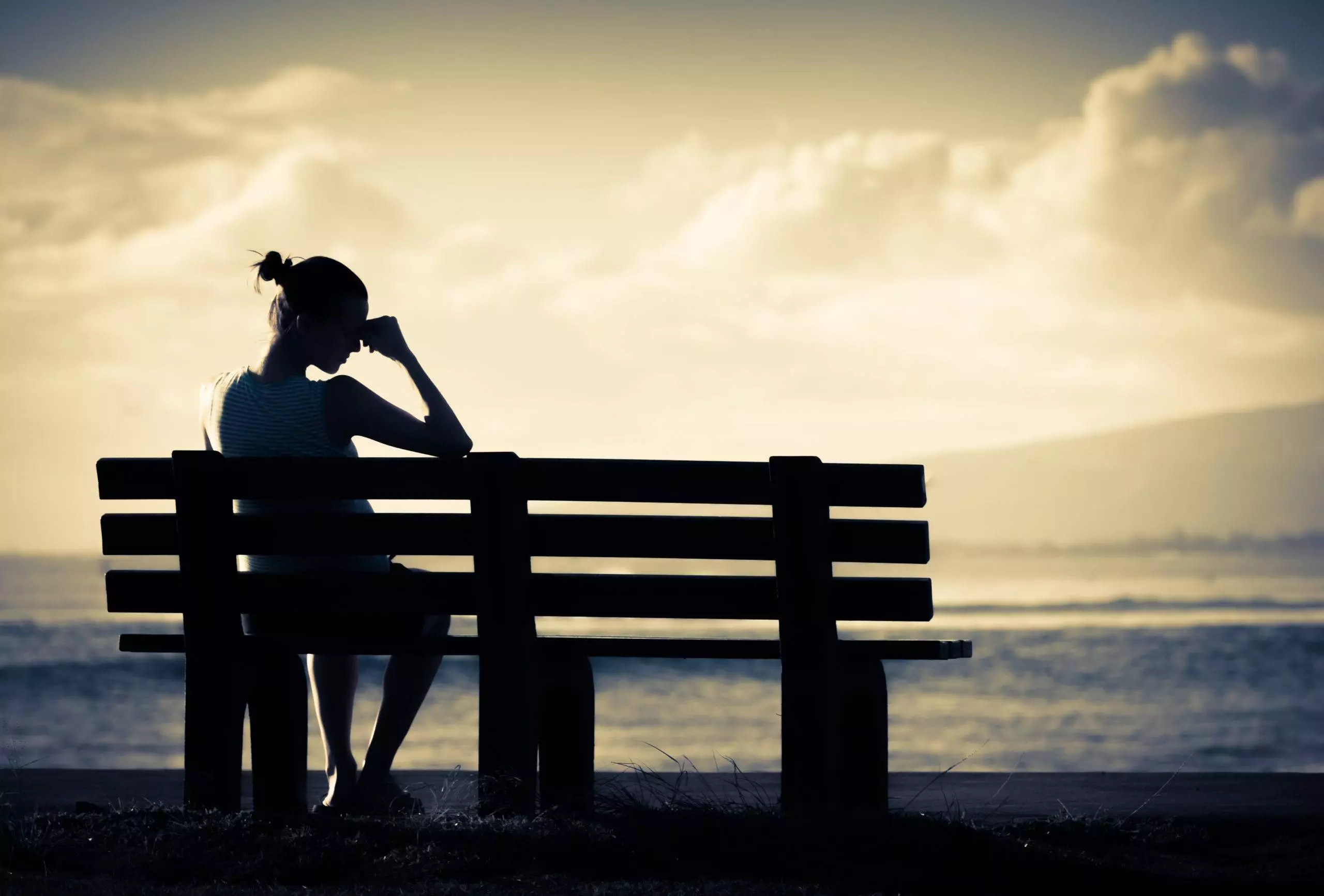While many look forward to the warmer weather and longer days after a long winter, that may not be the case for everyone. A small percentage of people suffer with symptoms of depression during the summer months. This is known as reverse seasonal affective disorder (SAD) or “Summer SAD.”
What is seasonal affective disorder?
Seasonal affective disorder, otherwise known as SAD, is a type of depressive disorder that is associated with seasonal pattern. SAD most commonly occurs in winter months due to shorter days and gloomier weather, but that doesn’t mean it can’t be present in summer months. For about 10% of people, they experience SAD in reverse, during the spring or onset of summer.
What are the symptoms?
With both SAD and reverse SAD, symptoms may start out mild and become more severe as the season progresses. Common symptoms include:
- Feelings of sadness, depression or worthlessness
- Loss of interest in activities once enjoyed
- Fatigue
- Changes in sleep
- Changes in appetite
- Difficulty concentrating
- Thoughts of suicide
Symptoms specific to reverse seasonal affective disorder may include:
- Trouble sleeping
- Poor appetite
- Weight loss
- Agitation or anxiety
What causes seasonal affective disorder in the summer?
There are many different factors that could play a role in summertime SAD including:
Disrupted schedules
During the summer months, it is easy for routines and structure to get disrupted— and that disruption can be stressful. Parents of grade school kids are faced with the prospect of keeping them occupied all day, every day. And parents of college students suddenly find them and their belongings back in the house. Not to mention, vacations can disrupt work, sleep and eating habits and contribute to summer depression.
Trouble sleeping
When SAD occurs during the winter months, sunlight and light therapy can help ease symptoms of depression. During the spring and summer months however, the longer days can lead to too much sun, affecting levels of melatonin. Too much sunlight turns off the production of melatonin, the hormone that drives your sleep-wake cycle, and ultimately disrupts your circadian rhythm. People with disrupted sleep patterns often experience insomnia and anxiety.
Warmer weather
The summer heat and humidity are common triggers for reverse SAD. It’s no secret that the hotter temperatures can cause many to feel more irritable or cranky. Research has shown that this may be because the same body chemicals that regulate mood are linked to body temperature.
The heat can also affect our mood by causing difficulty sleeping, dehydration and restriction on our daily activities. You may find yourself cooped up inside more as a way to avoid the sweltering heat. And the lack of control over the weather can further irritate some people.
Body image insecurities
As the weather heats up, the layers of clothes come off. Summertime gatherings often revolve around days at the beach or relaxing by the pool. Some may feel uncomfortable in shorts, tank tops and bathing suits which affects their self-esteem and could cause them to avoid social situations altogether.
Summer expenses
Many find themselves struggling financially during the summer months due to extra summer expenses and activities. Summer is a time to plan vacations or getaways, which can contribute to financial stress. And many parents may find themselves looking for sitters or summer camps as a way to balance their own schedules, but not without an added cost.
How to ease symptoms of reverse seasonal affective disorder:
- Plan Ahead—Routines are great for mental health. Think about how this summer poses a break from your usual routine. Whether the kids are home for the summer, or you have an extended summer vacation booked, plan ahead to maintain structure and protect your daily routines.
- Rethink obligations— If summer obligations feel overwhelming, there are alternatives that can help you protect your mental health this year. If you always host your extended family, consider asking another relative to host.
- Get some sleep—Shut the blinds, turn on the fans or crank up the air conditioner and go to bed on time. You will experience better by maintaining a sleep/wake schedule in a dark, cooler room.
- Keep up with an exercise routine—Regular exercise can help reduce feelings of stress and anxiety and help you feel good about yourself, lifting your mood. Try to plan your workout in the mornings or in the evenings rather than in the middle of the day and always remember to hydrate!
- Set budgets—If you know you are going away on vacation or if you will have extra summer expenses, set a budget or readjust your existing budget to plan ahead. Or, consider the alternatives. Instead of taking a whole week off, would you prefer to take off several long weekends? Would a “staycation” be more relaxing? Don’t get locked into a vacation that will stretch your finances or won’t feel like a vacation.
- Get professional help—If nothing seems to be helping your symptoms, seek help from a professional. Talk therapy or even alternative treatments such as transcranial magnetic stimulation (TMS) could help you get back to enjoying the summertime.
